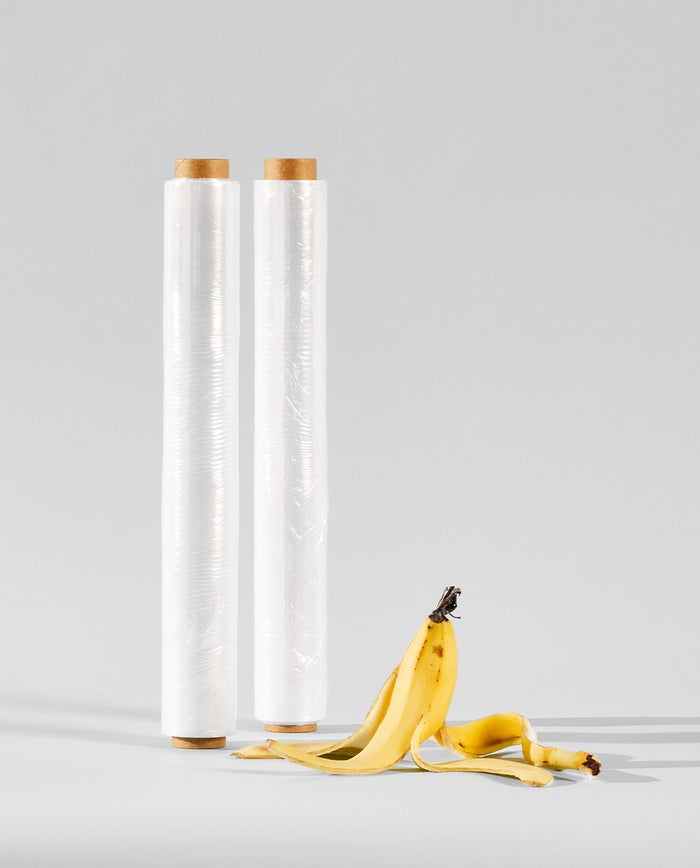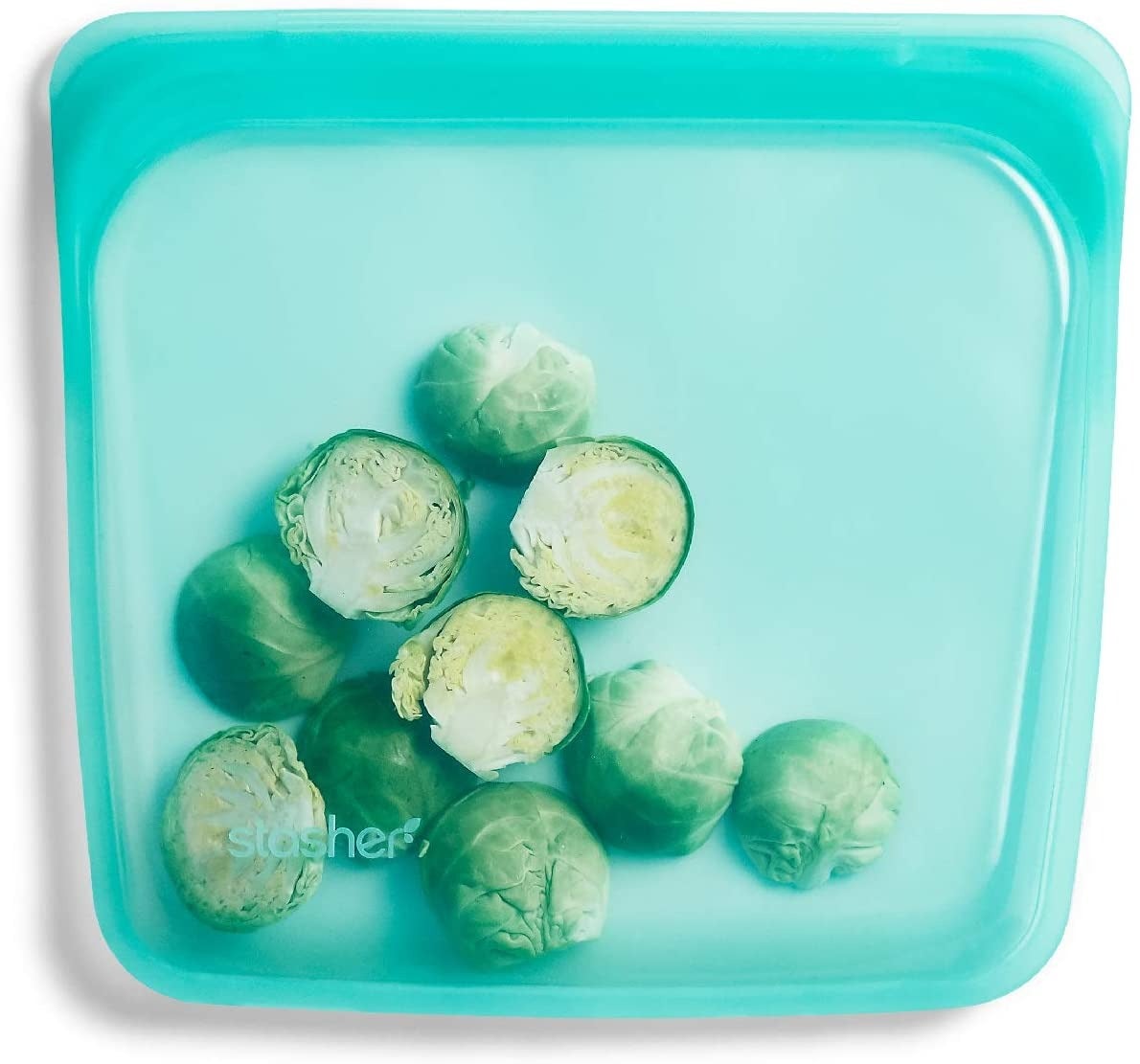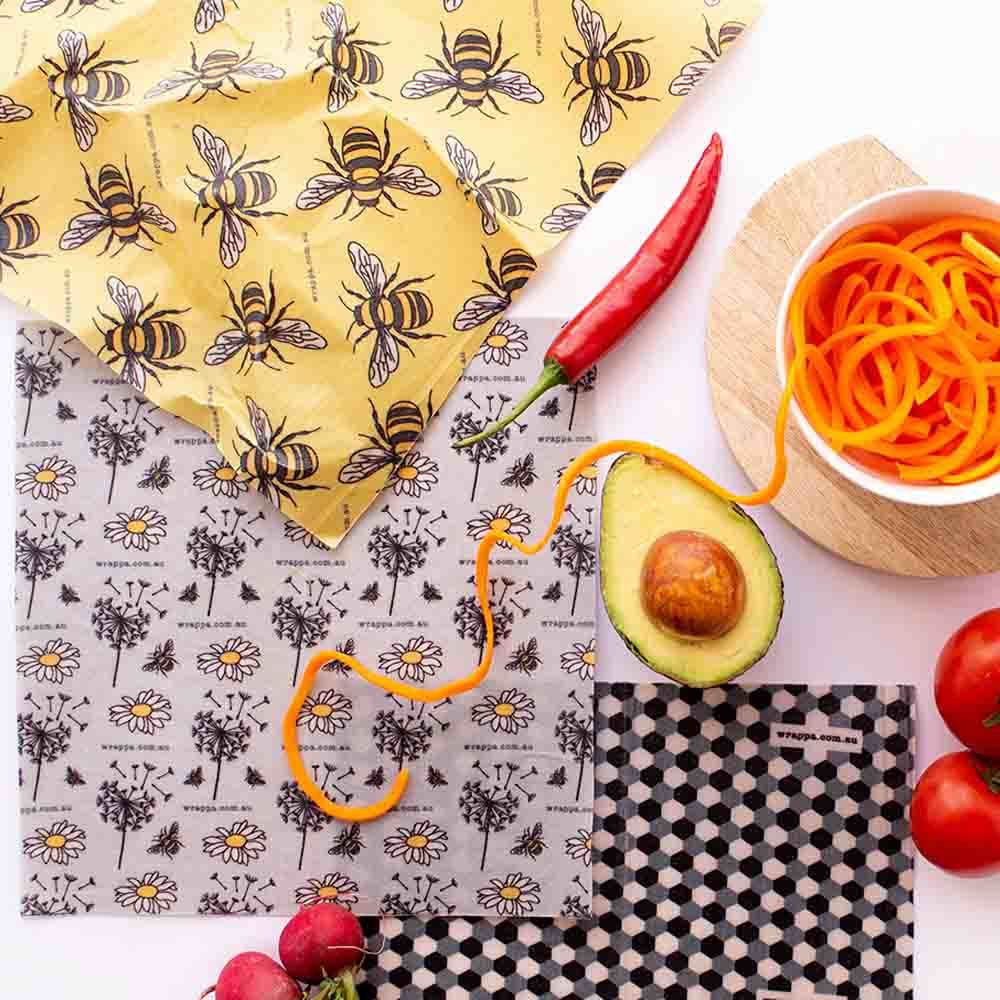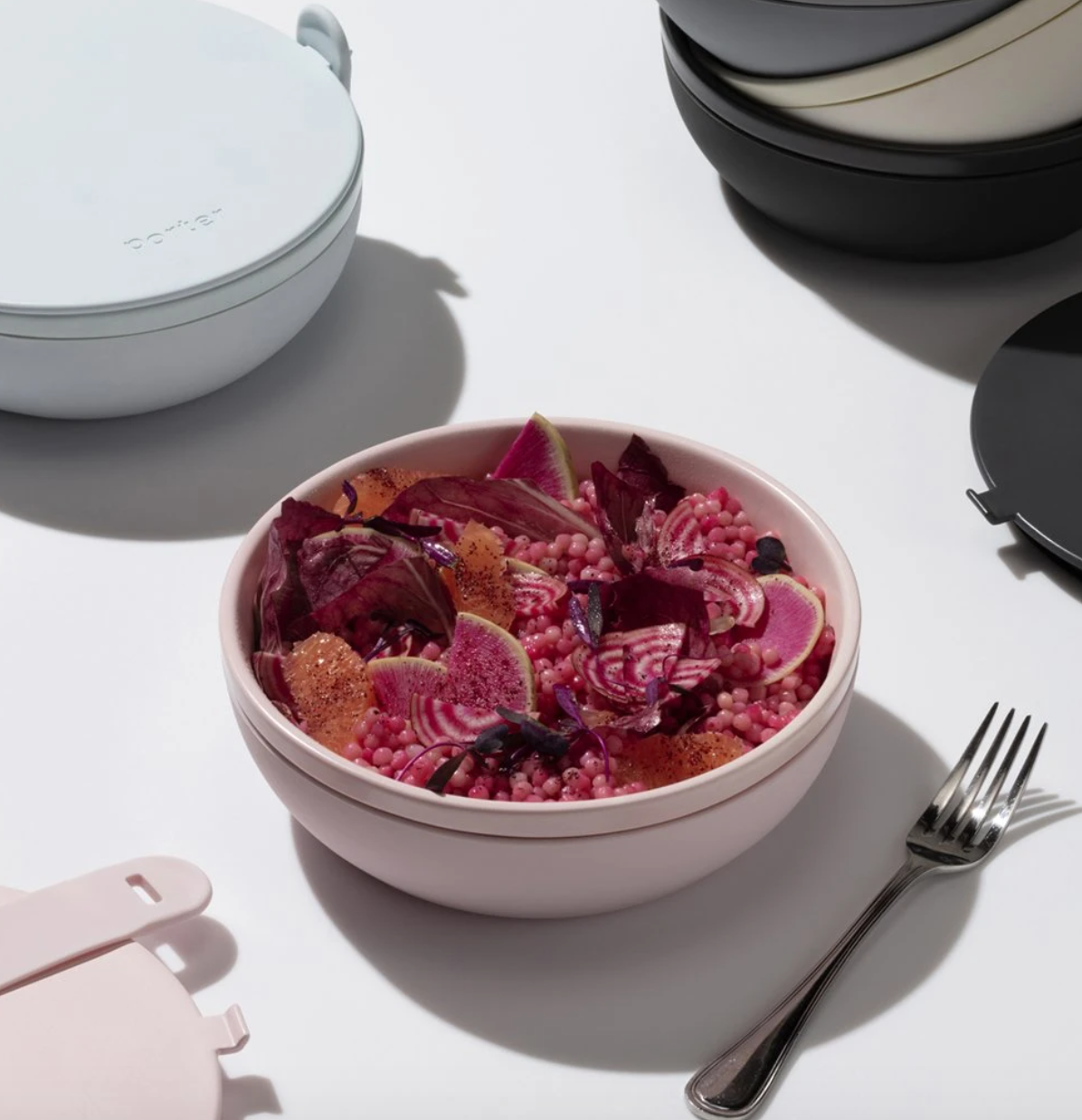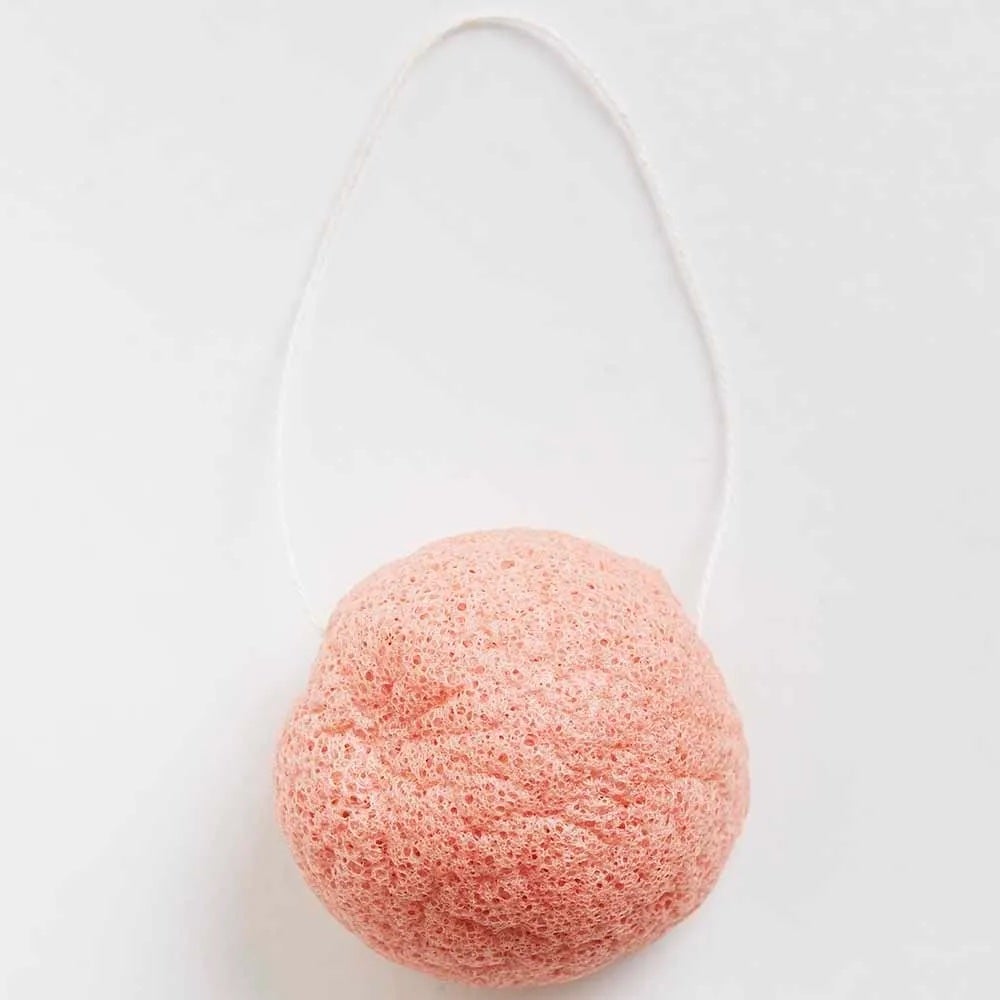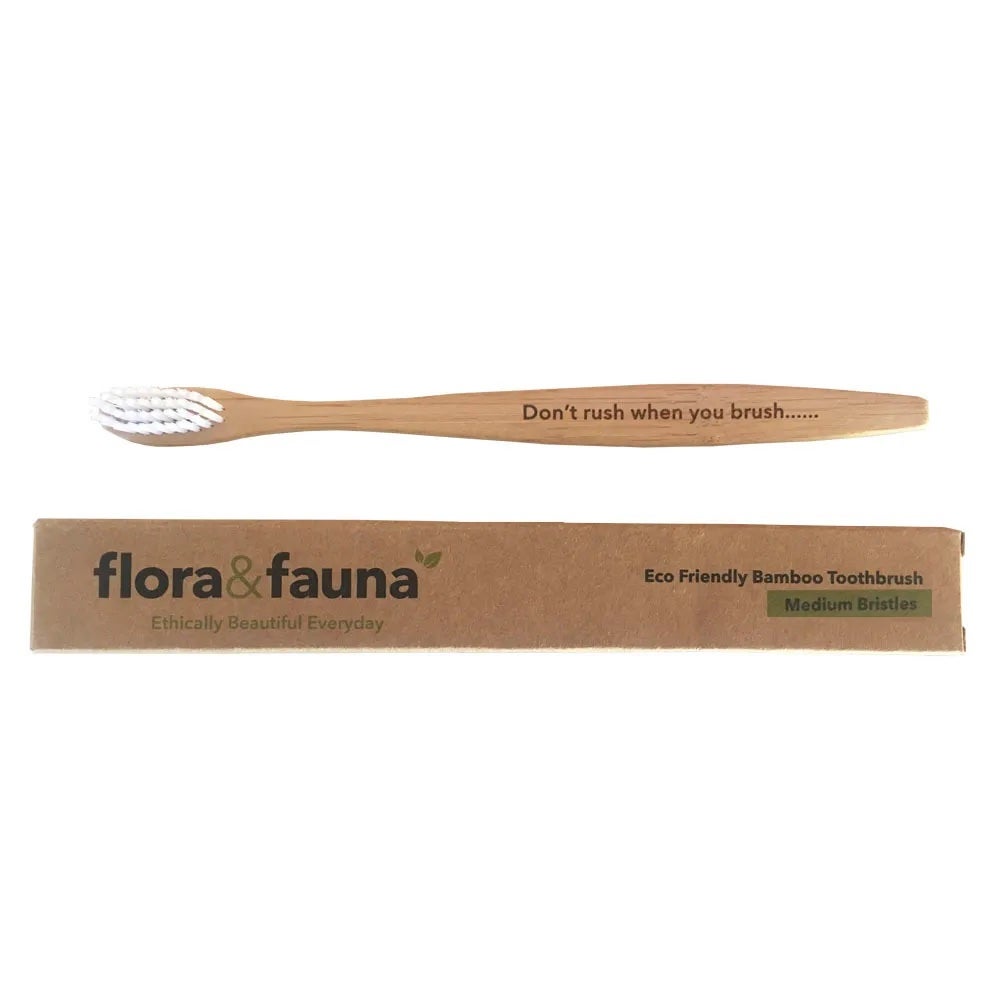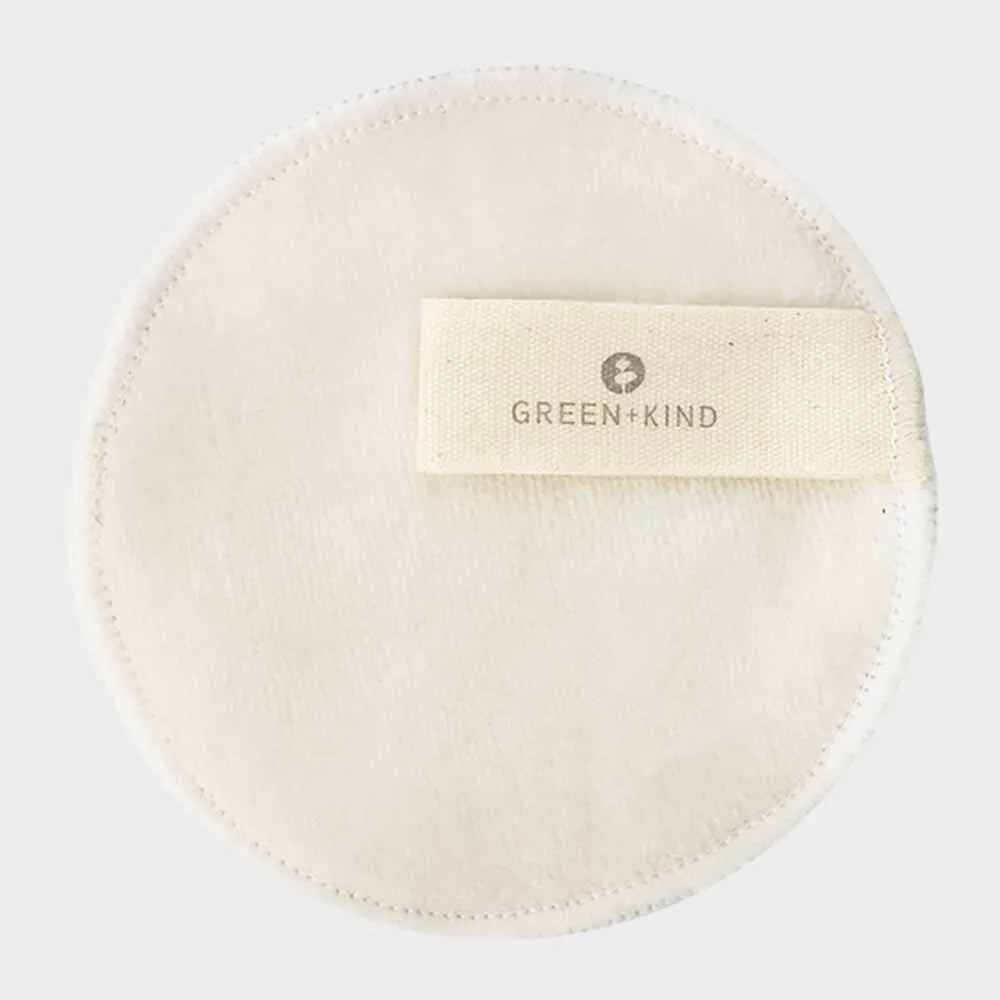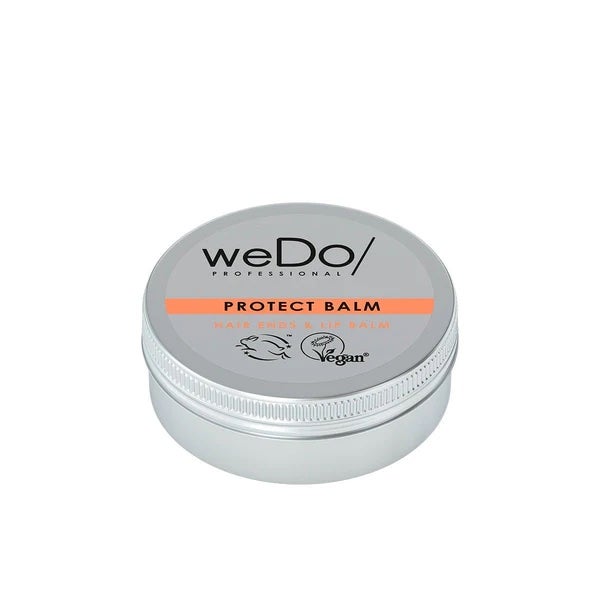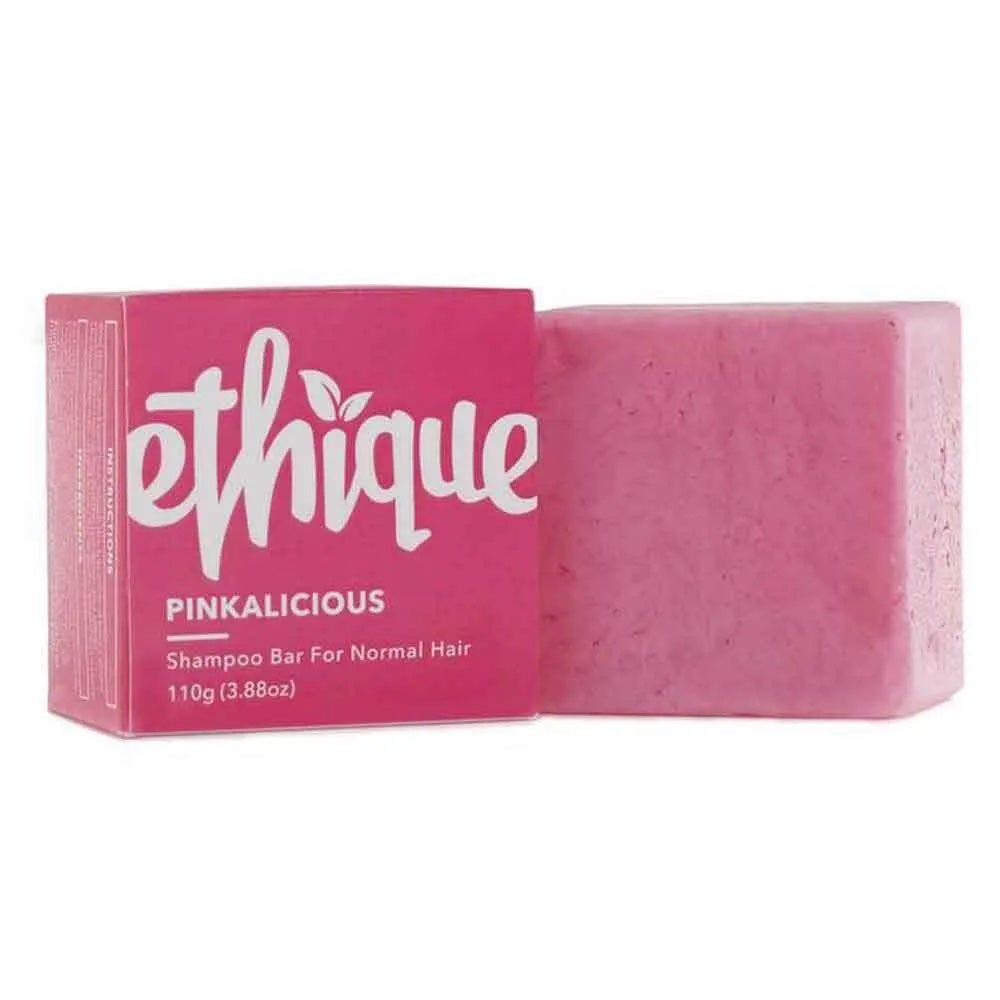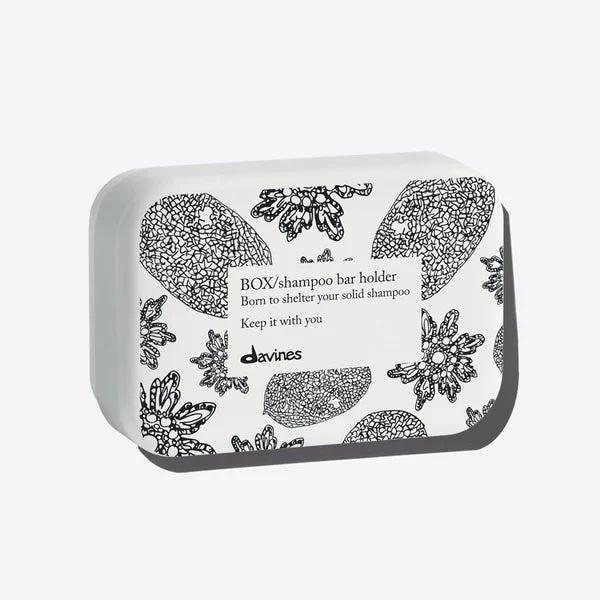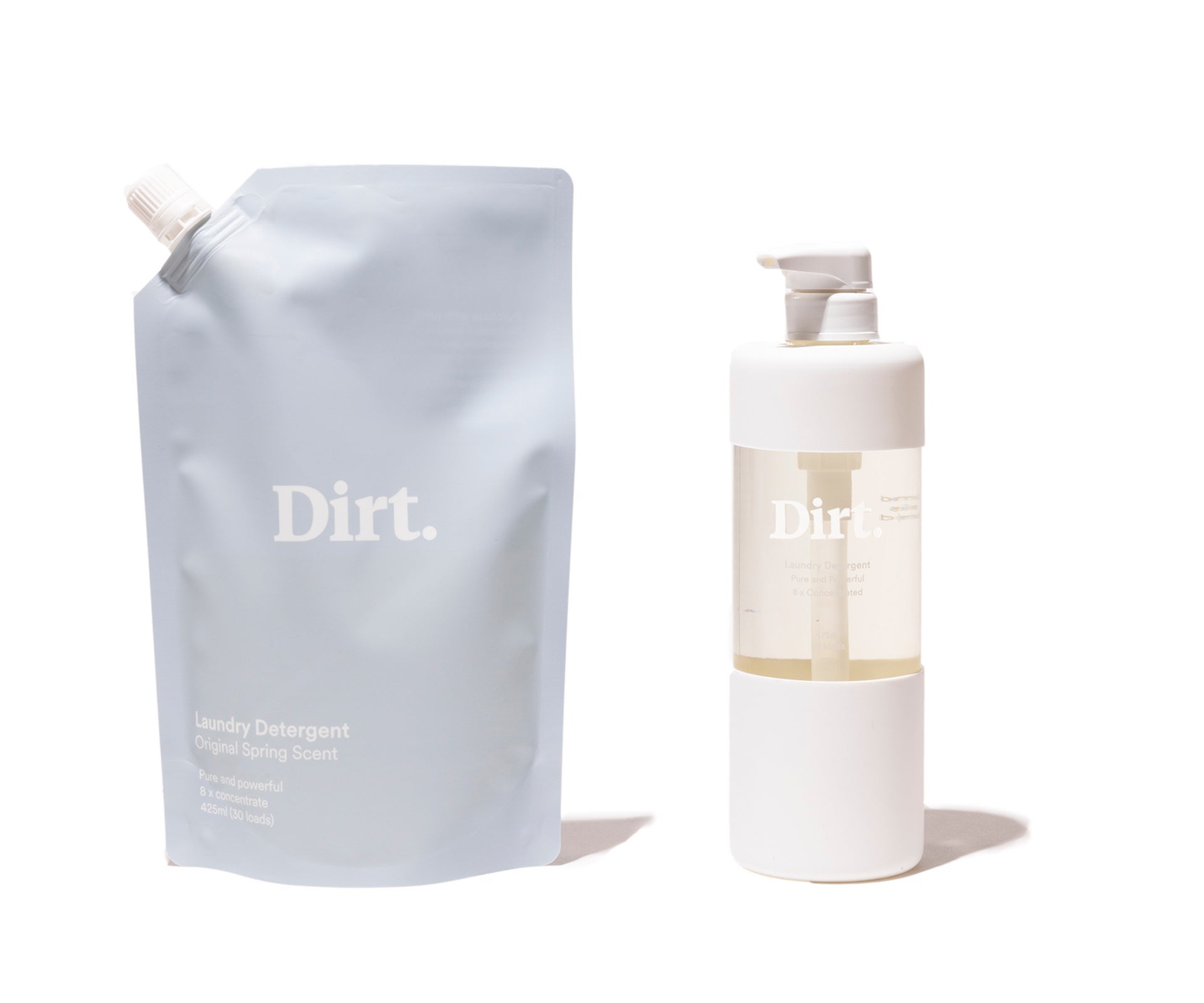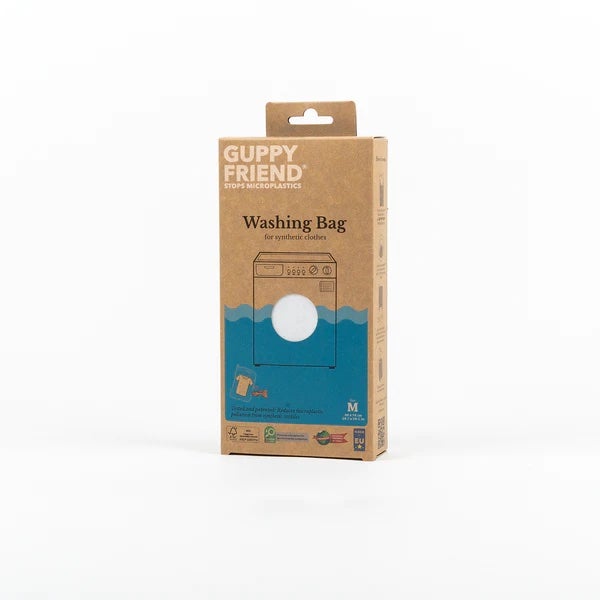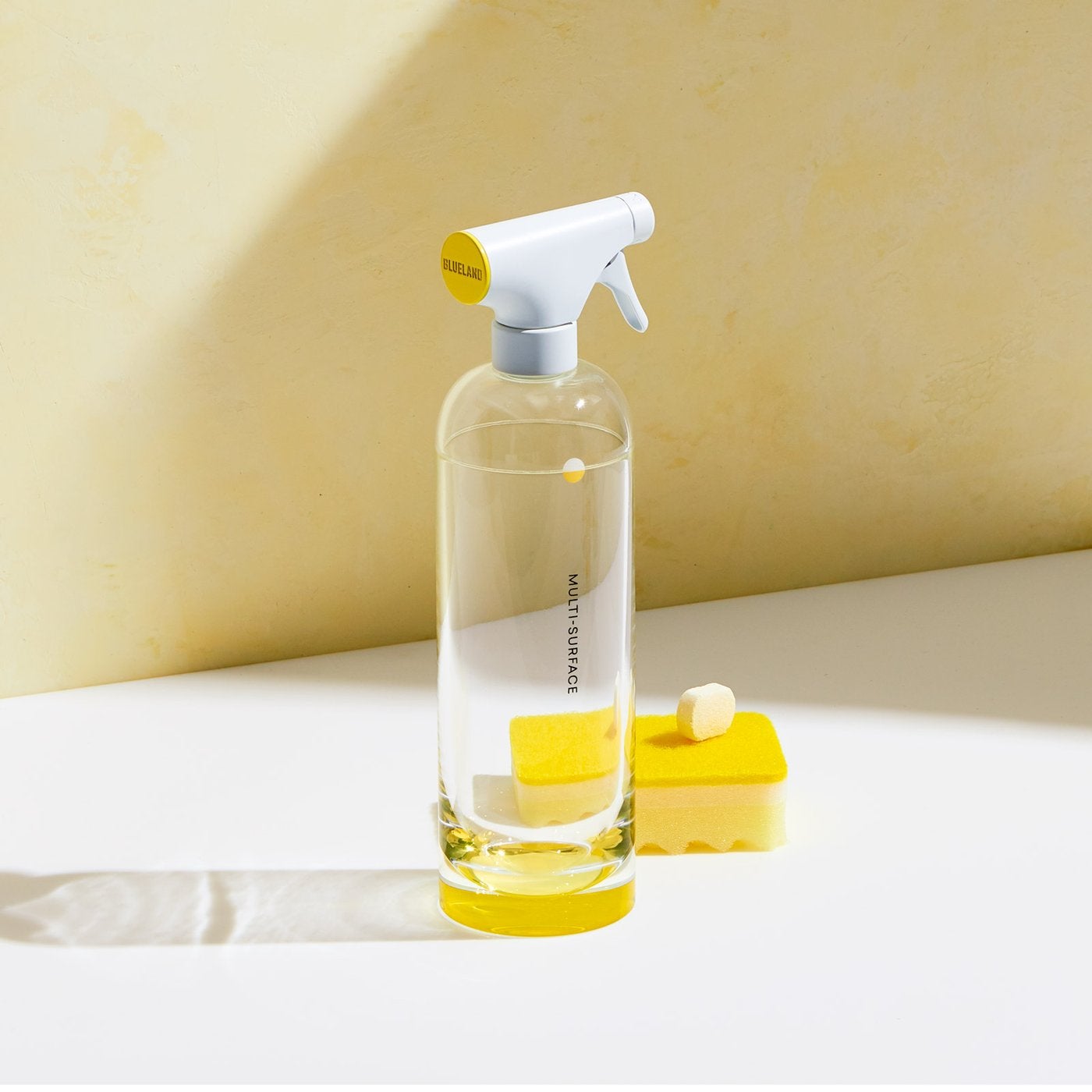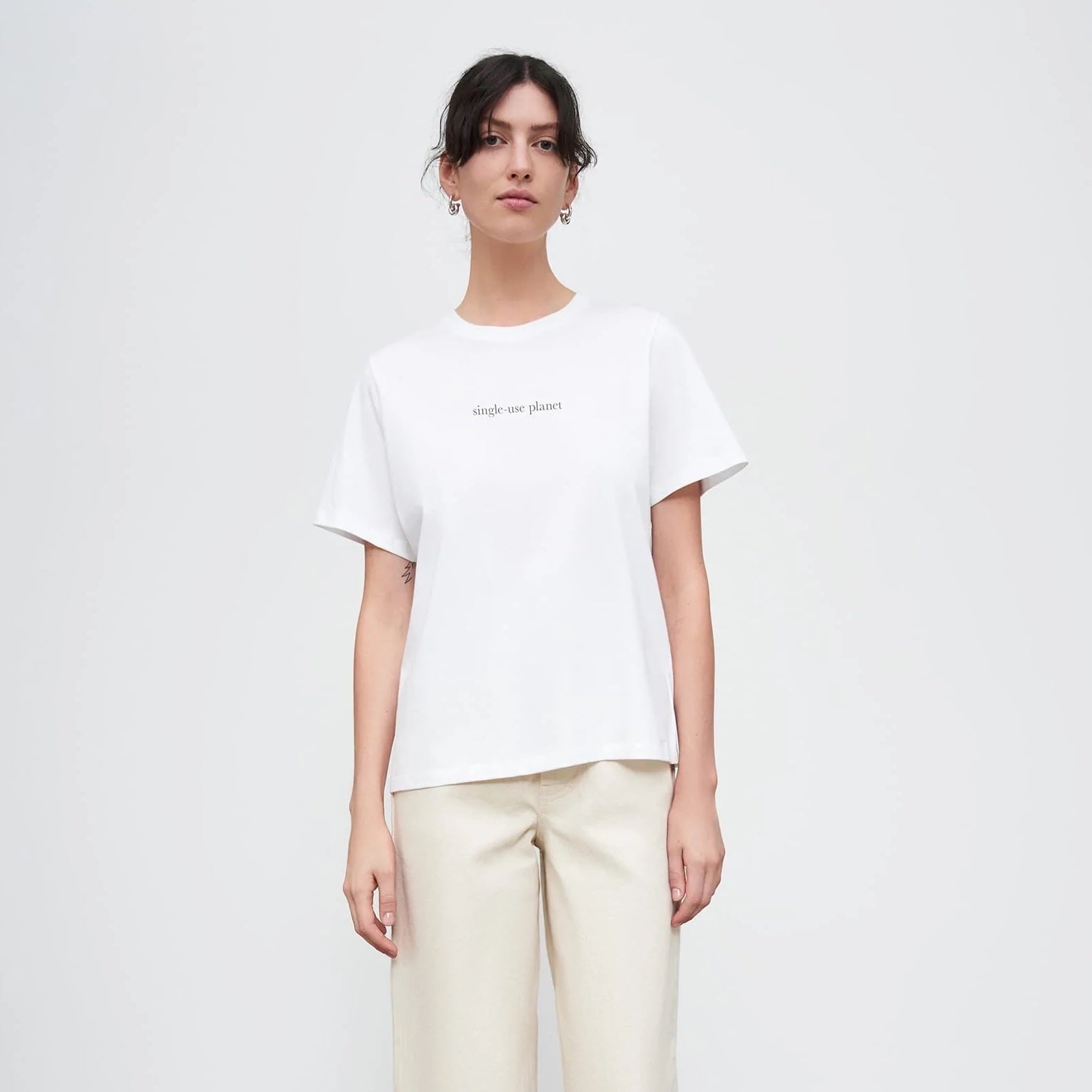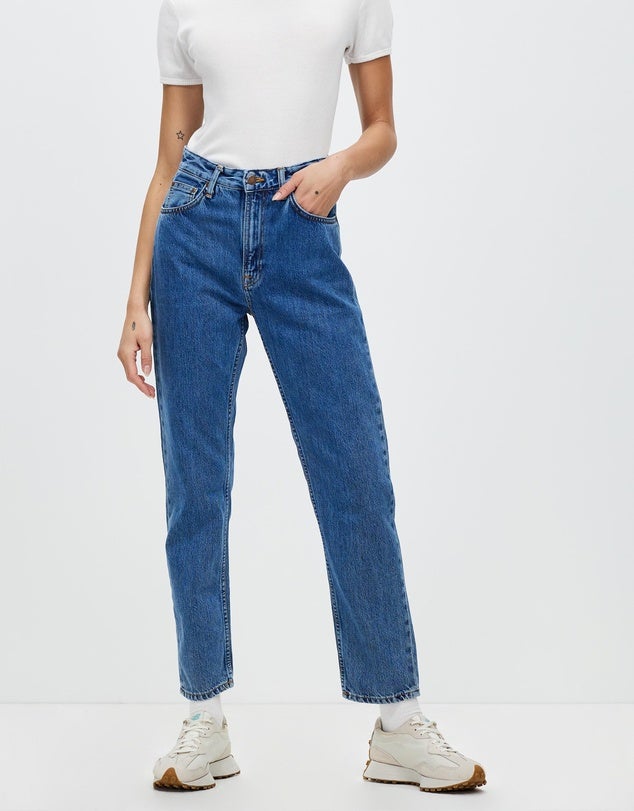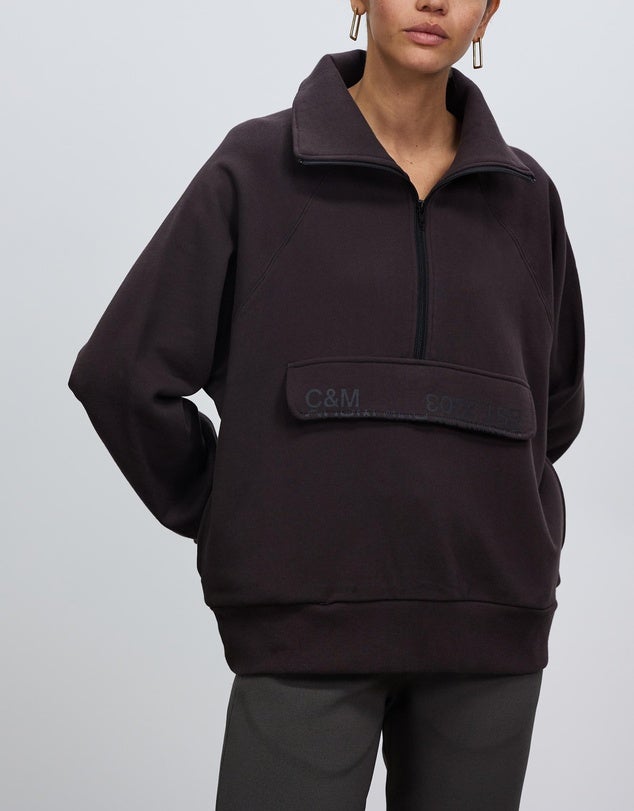Not So Fantastic: How We Can Curb Our Plastic Addiction
At Refinery29 Australia, we’re here to help you navigate this overwhelming world of stuff. All of our picks are independently selected and curated by the editorial team, but we may earn commission or other compensation from the links on this page.
Every single piece of plastic ever made still exists today. Let that sink in. It's tough to hear when you consider how much plastic we consume within a week, let alone a lifetime.
Though it seems like we've come a long way from our days of reciting 'reduce, reuse and recycle' and finger-wagging at plastic straws in bars, the reality is still pretty dire.
AdvertisementADVERTISEMENT
We're a country that's obsessed with plastic. We're currently falling behind on our 2025 targets which are aiming for 70% of all plastic packaging to be recycled or composted, as well as the phasing out of unnecessary single-use plastic packaging. In the past few years, we've plateaued — and even stepped backwards — in our environmental packaging goals.
According to ABC's War On Waste, Australia's waste is growing at twice the rate of our population. A large proportion of it is coming directly from our own homes — households are the biggest contributors of plastic (47%) and organic (42%) waste.
“
"If you don't solve the plastics crisis, you can't solve the climate crisis."
Mirte van der Lugt
”
Those in the environment space tout virgin plastic as the enemy. "50% of the growth in fossil fuel consumption between now and 2050 is forecasted to come from plastic," Mirte van der Lugt, a plastic expert from Sam For Change tells Refinery29 Australia. "To put it simply, we need to stop virgin plastic. If you don't solve the plastics crisis, you can't solve the climate crisis."
Moments like Plastic-Free July act as a chance for us to reflect on our own plastic consumption. Of course, individuals aren't the villains here — but taking individual action can make a difference.
"Traditional recycling technologies only recycle 9% of your waste and when it does, it sadly only downcycles, creating an inferior product", van der Lugt says. "It gives the plastic a few more uses before it’s deemed useless and ends up in landfill or worse, our natural environments."
AdvertisementADVERTISEMENT
Here, we take you through some swaps you can make in and around the home to reduce your plastic usage.
In the kitchen
On average, each Australian uses 130kg of plastic every year. Even though seven out of eight Australian states and territories have committed to ban single-use plastics, we are still bringing home a helluva lot of plastic — particularly in the groceries we buy. That's not even considering the takeaway we're ordering from delivery apps — in 2020, 5.5 million of us used a meal delivery service.
War On Waste found that each year, the average Aussie family throws out over $3,500 worth of food, and one billion coffee cups end up in landfills and our oceans.
Though reusable coffee cups and paper straws seem obvious, there's a plethora of innovative solutions you can add to your kitchen, like beeswax wraps instead of cling wrap, and reusable alternatives to sandwich bags. Here's our guide to sustainable swaps for the kitchen.
In the bathroom
The sustainability conversation in the beauty industry is only getting started. The good news is, you don't have to skimp on your skincare routine to welcome more plastic-free additions to your bathroom cabinet.
Ditch your single-use cotton pads for reusable ones you can chuck in the was. Swap your plastic toothbrush for one made of bamboo. Make the most of nature's gifts with an exfoliating konjac sponge.
In the shower
Your shower routine is about to get a whole lot greener. The rise of solid shampoo and conditioner bars is not only better for the environment since most of them are zero waste, but they end up costing less than their plastic counterparts (most bars last around 60-80 washes).
AdvertisementADVERTISEMENT
It also makes travelling a breeze; no mini bottles needed here.
In your cleaning products
There are plenty of gentle but hard-working swaps for your weekly laundry load and cleaning products, too.
In your wardrobe
Plastic is maddeningly tied to our current fashion industry. Synthetic fibres like polyester, nylon and rayon are all plastic, meaning they cannot biodegrade. They also release microfibres of plastic into the ocean when they're chucked in the washing machine (Guppyfriend washing bags help catch these, though).
"Moving forward, every time a fashion designer chooses to put polyester in a piece of clothing, [it] should be seen as the equivalent of opening a new coal mine," Citizen Wolf's co-founder Zoltan Csaki tells Refinery29 Australia.
"Coal's not the right analogy because it's oil but [these] designers should be put on the same level as Shell opening a new fucking deep-sea oil rig, because the one and the two are the same. The industry is wedded to polyester."
Lucky for us, there are many local designers and brands who prioritise natural fibres like cotton, linen, hemp and bamboo.
Want more? Get Refinery29 Australia’s best stories delivered to your inbox each week. Sign up here!
AdvertisementADVERTISEMENT







